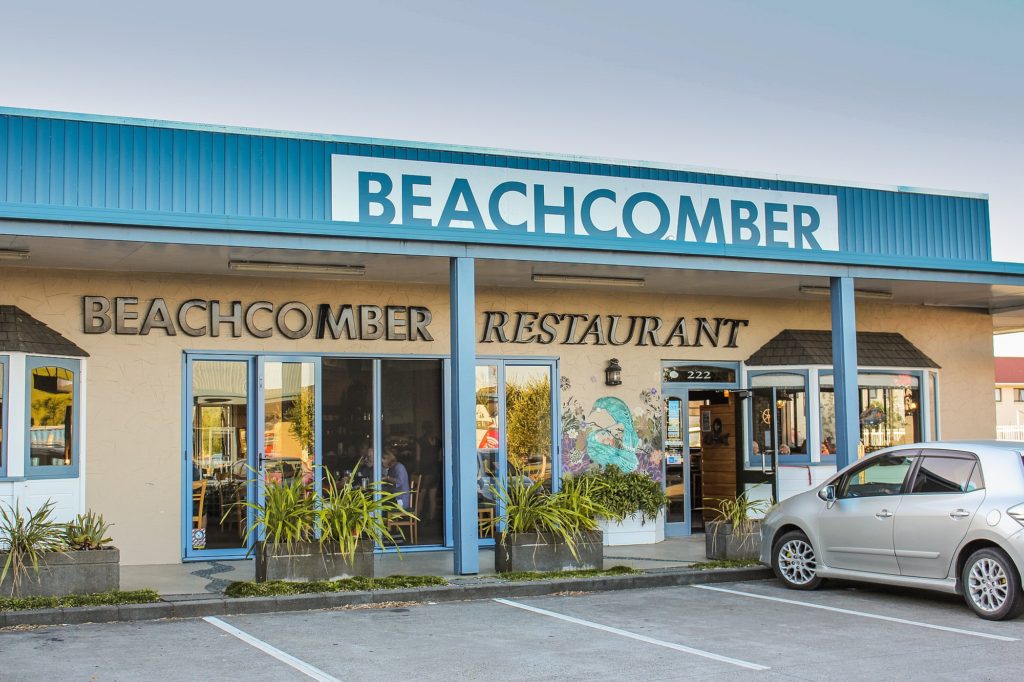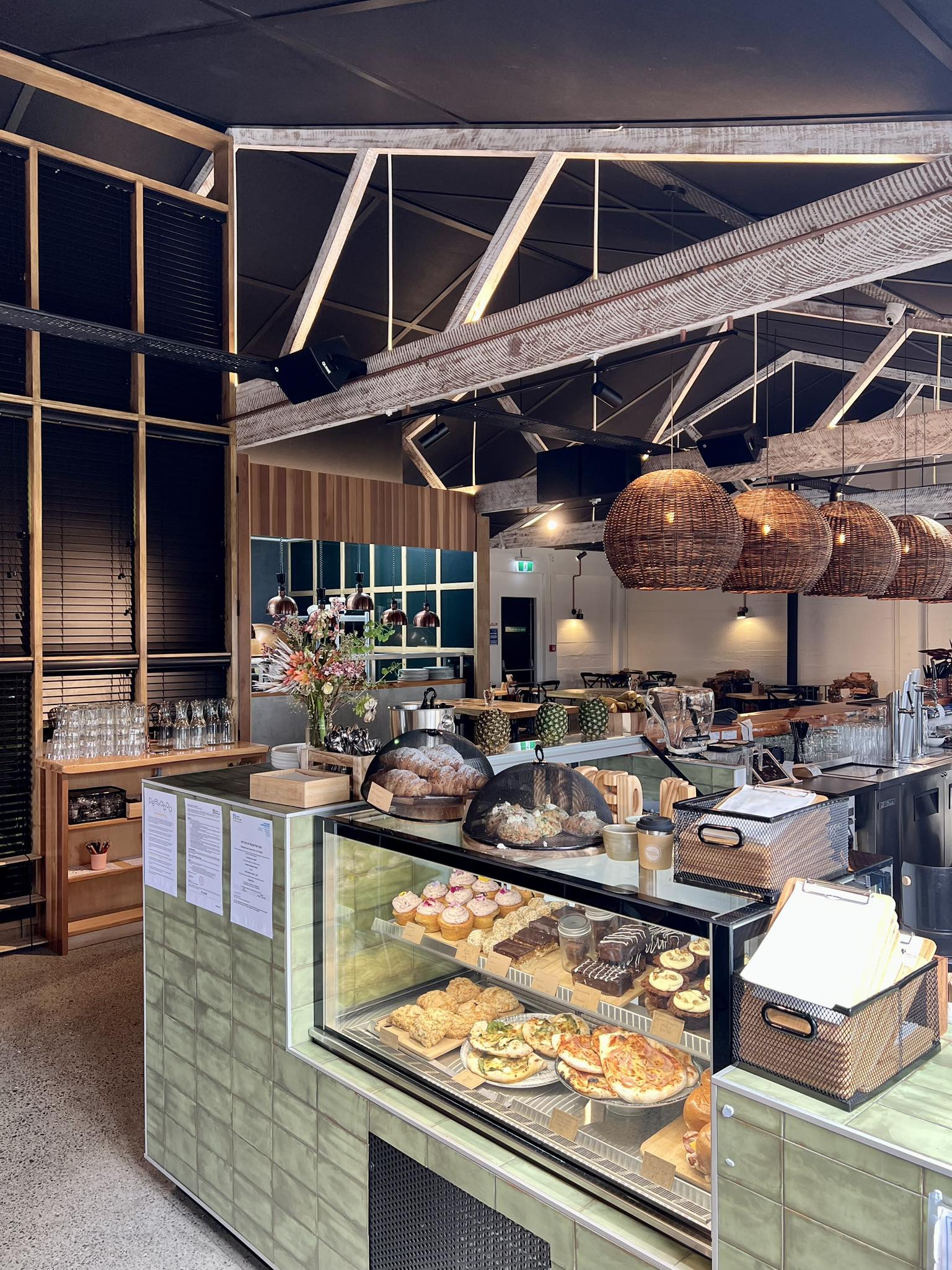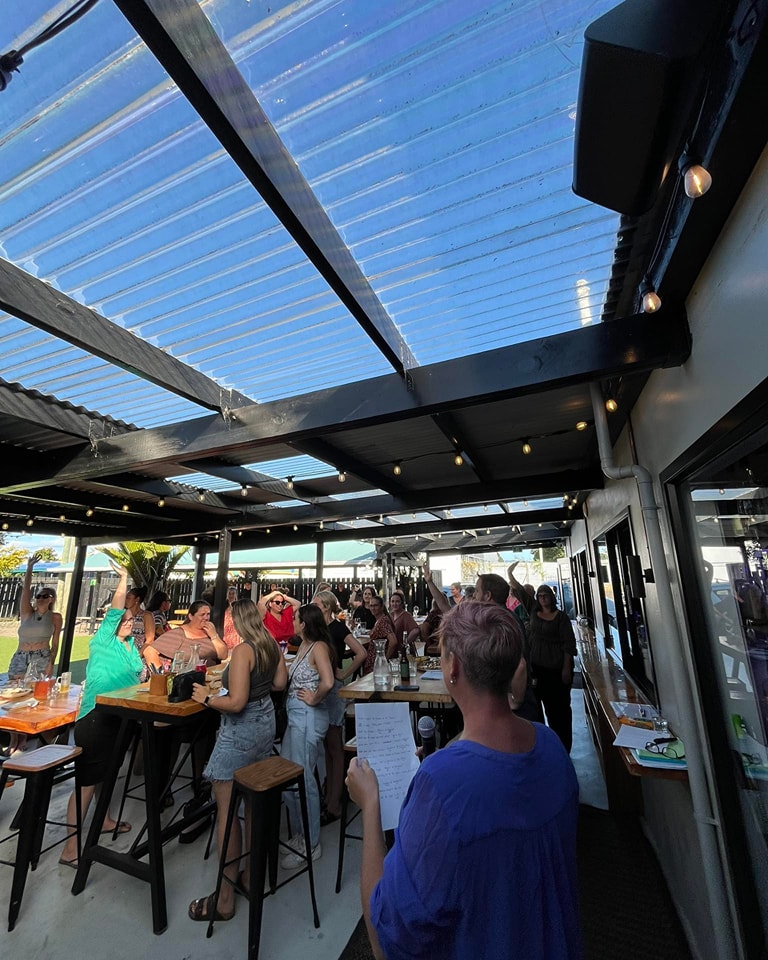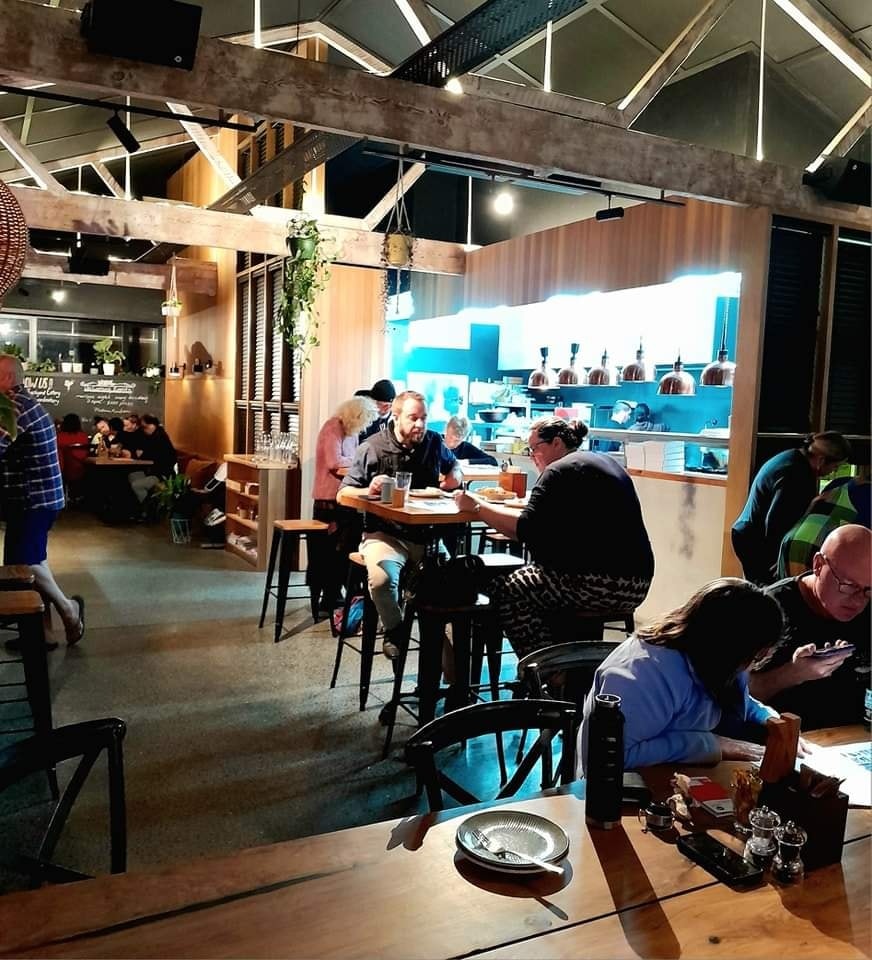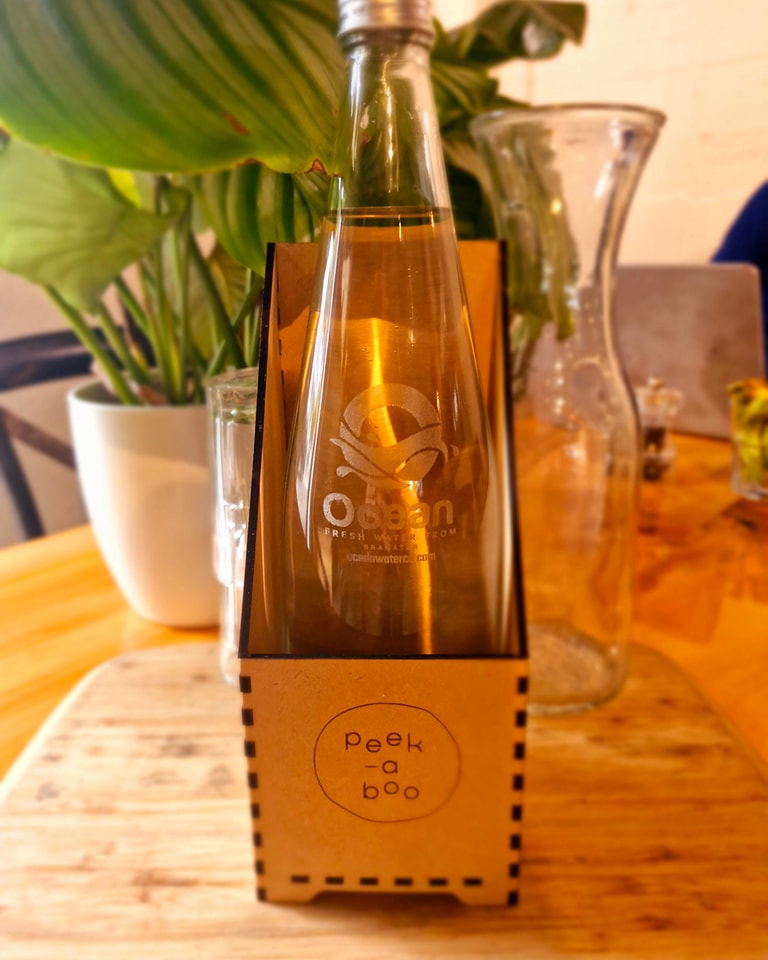Member only content
Savour is proudly brought to you by

-
Let’s Feed the Future of Tourism by Telling New Zealand’s Food Story
-
7 Essential Strategies for Maximizing Staff Retention in the Hospitality Industry
-
Checking it Twice – Health and Safety Considerations for your Work Function
-
Why the hospitality industry supports a return to the office
-
Surviving Financial Strain: Restructuring Strategies for NZ Hospitality Employers
-
Rent Reviews Unveiled: The Ultimate Guide for Hospitality Tenants
-
The Vital Role of Reputation Management in the Hospitality Industry
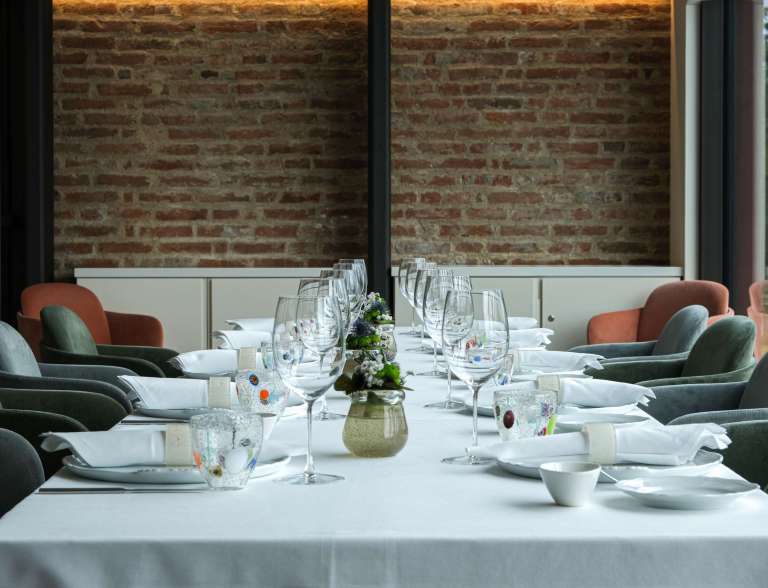
Savour
The Magazine of the Restaurant Association of New Zealand
Member Spotlight - A Swiss - Aotearoa Hospitality Journey
12 Feb 25In Conversation with Daniel Fasnacht
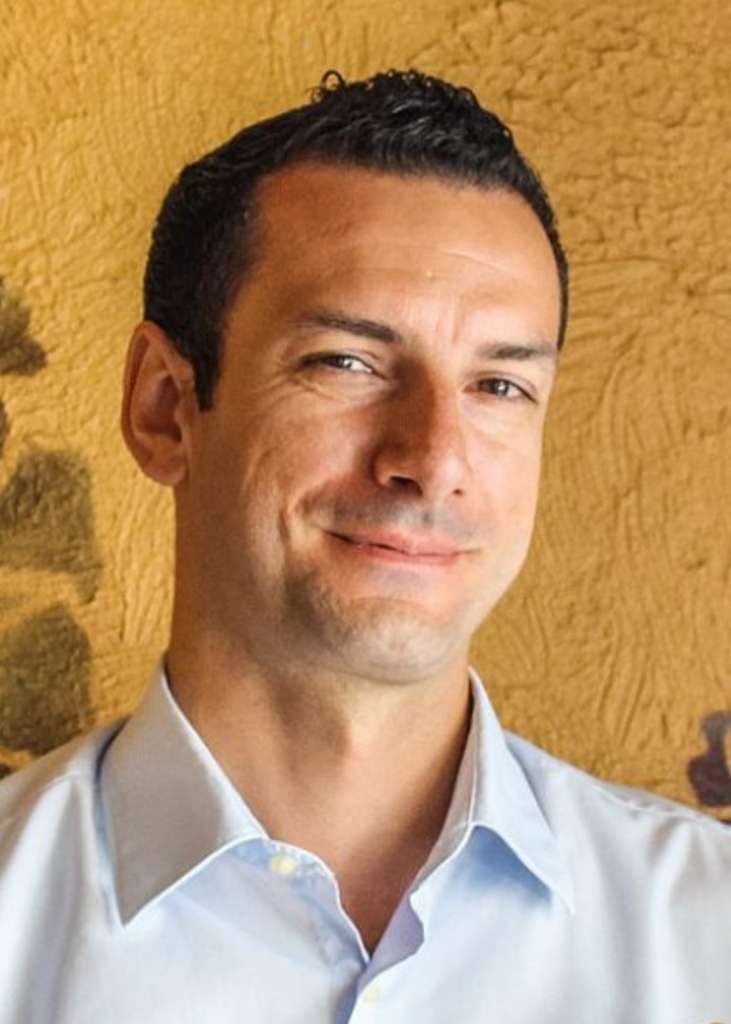
In the heart of New Zealand’s Far North, Swiss-born restaurateur Daniel Fasnacht has built an impressive hospitality empire spanning two restaurants and two hotels. With 28 years of industry experience, Fasnacht shares his journey from apprentice chef to successful business owner, and his insights into the changing landscape of New Zealand’s hospitality sector. Daniel is also a key employer supporter of the Association’s Te Tupu Tahi training programme in the Far North, and he shares some insights on why he’s behind the programme and the benefits he’s seen for his businesses.
How long have you been in hospitality, and what has your journey looked like?
I started when I was 16 years old, and I’m now 44, so that’s about 28 years in hospitality. I began with a chef apprenticeship in Switzerland, completed that at 20, then did my mandatory six months in the Swiss army. After cooking until I was 25, I attended hospitality management school in Lucerne for five years. I worked another three years in Switzerland before moving to New Zealand, where I’ve been for the past decade.
I started here as a chef at the Beachcomber Restaurant, working there for 18 months before buying the restaurant. Now, eight years later, I’ve got two restaurants and two hotels up in Kaitaia with 45 staff.
What made you consider hospitality as a career?
I feel hospitality offers great opportunities to learn multiple skills. You have to please your staff, your suppliers, and your customers. It’s so versatile – you need chef skills, front-of-house skills, sales skills, budgeting, and human resource management. One day you’re on the dishwasher, the next day you’re an accountant, and then you’re doing a sales pitch to promote the restaurant. That’s what I love about it.
What changes have you seen in the restaurant scene since starting in New Zealand?
The biggest change was COVID. It put a big spanner in everything, and we’re still recovering. People aren’t spending as much or going to restaurants like they used to. Plus, we’ve seen significant cost increases – not just in wages, but also bank interest rates and more. Everything went up, and nothing came down. That’s been the biggest impact I’ve seen in my 28 years in the industry.
What’s the best piece of advice you’ve received in your hospitality career?
Stay humble and stay up to date. When you’re going through good times, put money aside and prepare for the harder times. We felt this, especially in the last few years. When I came to New Zealand ten years ago, everything was booming, but being humble through that time and having a plan for the future was crucial.
Also, look after your staff – they’re the ones running your businesses. Trust them, but also be with them through the whole journey. Train them up properly. It needs quite a bit of effort initially, but it helps tremendously in the long run.
What are the challenges and advantages of operating in a remote location?
The challenges include higher power rates and fuel prices than the rest of New Zealand, which feels unfair. Delivery costs are higher, and our infrastructure, particularly roads, isn’t up to scratch. However, there are advantages – particularly with staff retention. Unlike typical hospitality businesses that see high turnover, our team stays relatively stable throughout the year. We maintain the same staff numbers through winter and summer, which makes running the business easier.
What are your future goals?
My goal is always to improve – not just the businesses, but also my staff and our systems. Getting everyone involved is crucial, making sure everybody knows the goals for each business and breaking them down month by month. I’m also keen to do more with education in the area, particularly since we now have new training opportunities opening up locally.
You have some of your staff on the Te Tupu Tahi training programme, what made you get involved?

Education has always been important to me. There was a bit of a thorn in my side that we didn’t have any chef schools up in Kaitaia. I feel it’s a waste of talent up here – hospitality is still one of the biggest industries in New Zealand, but we need to look after it. More funding should be going into hospitality and promotion to make it attractive as a career.
You can travel the world with hospitality. It’s a great tool to have, and anyone can do it. I wasn’t a clever kid at all, but I’ve learned so much through hospitality. It’s all about teamwork – if you can work in a team, you can learn so much from your fellow workers.
How has your employee’s involvement in the programme worked out for your business?
Working with the Restaurant Association and North Tec to create something for the Far North has paid off. I had a number of employees complete the Level 3 cookery programme and one of my staff is keen to move on to Level 4, which makes me very proud.
Did you see positive changes in your employees during their training in the programme?
Yes, definitely. For example, one of our trainees has gained quite a bit of confidence and is proud of what she’s doing. Her knowledge has improved significantly. Level 3 is still entry-level skills – they’re far from being a chef, but it’s a great first step. The important thing is that the second step follows. We need to keep them progressing.
Would you recommend Te Tupu Tahi to other employers?

Yes, I promote it as much as I can. While it’s not for everyone, it’s good for getting young people into the industry. In the past, we used to have students come in for trial days during school holidays to get a taste of the industry. We need more of that kind of exposure – colleges need to do more to get students in to see what hospitality is really like.
What is your best piece of advice for someone wanting to get started in a career in hospitality?
Don’t just judge hospitality by what you see from the outside – you have to get in and experience it firsthand. Start with a few trial shifts, or work as a casual to see if hospitality is really for you. It’s not something you should jump into by immediately enrolling in courses or hospitality school. You need to spend a few weeks or months in a kitchen or front-of-house first, wherever you think you want to be.
Roll up your sleeves and see if this is really your trade. Remember, this isn’t a desk job – you’re on your feet for 8-10 hours a day. It’s quite hectic, and it takes a certain kind of personality to thrive in this environment. If it suits you, that’s great. If not, there’s no shame in trying something else. You need to find out early if this demanding but rewarding career is right for you.
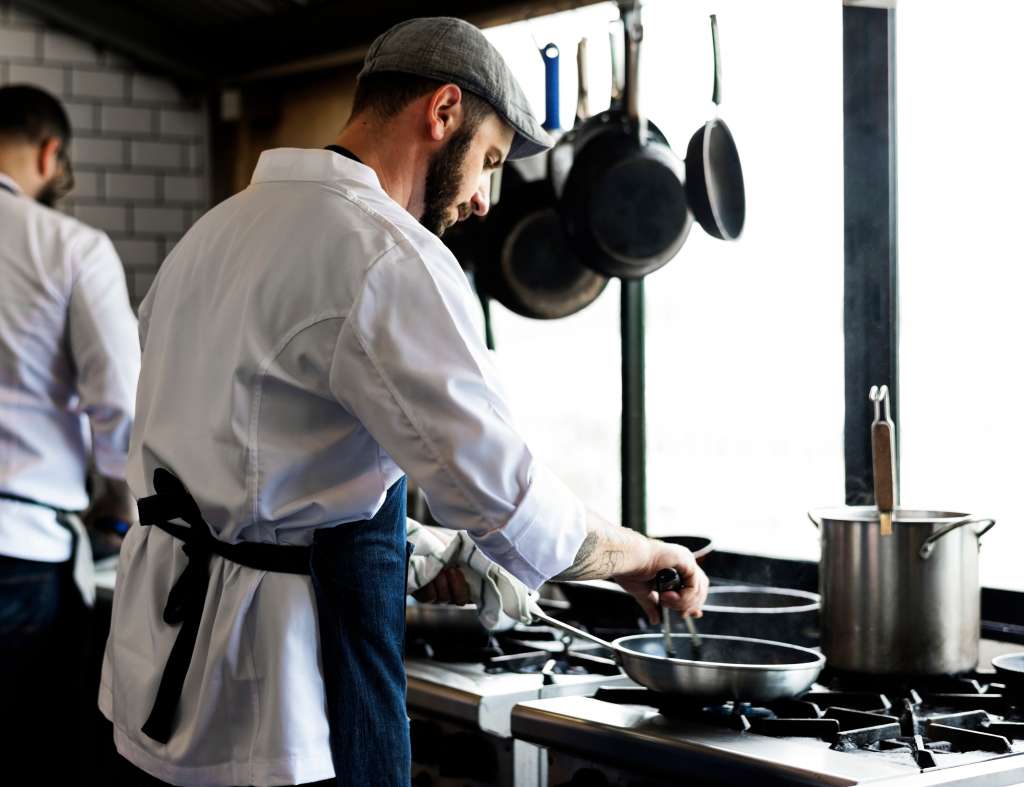
Through his journey from Swiss kitchens to New Zealand’s Far North, Fasnacht’s story demonstrates how dedication, community involvement, and adaptability can build success in the hospitality industry, even in the face of significant challenges. His businesses, including the Beachcomber Restaurant (celebrating its 50th anniversary), stand as a testament to his commitment to quality hospitality and community service.
 Member only content
Member only content
Savour is proudly brought to you by

-
Let’s Feed the Future of Tourism by Telling New Zealand’s Food Story
-
7 Essential Strategies for Maximizing Staff Retention in the Hospitality Industry
-
Checking it Twice – Health and Safety Considerations for your Work Function
-
Why the hospitality industry supports a return to the office
-
Surviving Financial Strain: Restructuring Strategies for NZ Hospitality Employers
-
Rent Reviews Unveiled: The Ultimate Guide for Hospitality Tenants
-
The Vital Role of Reputation Management in the Hospitality Industry

